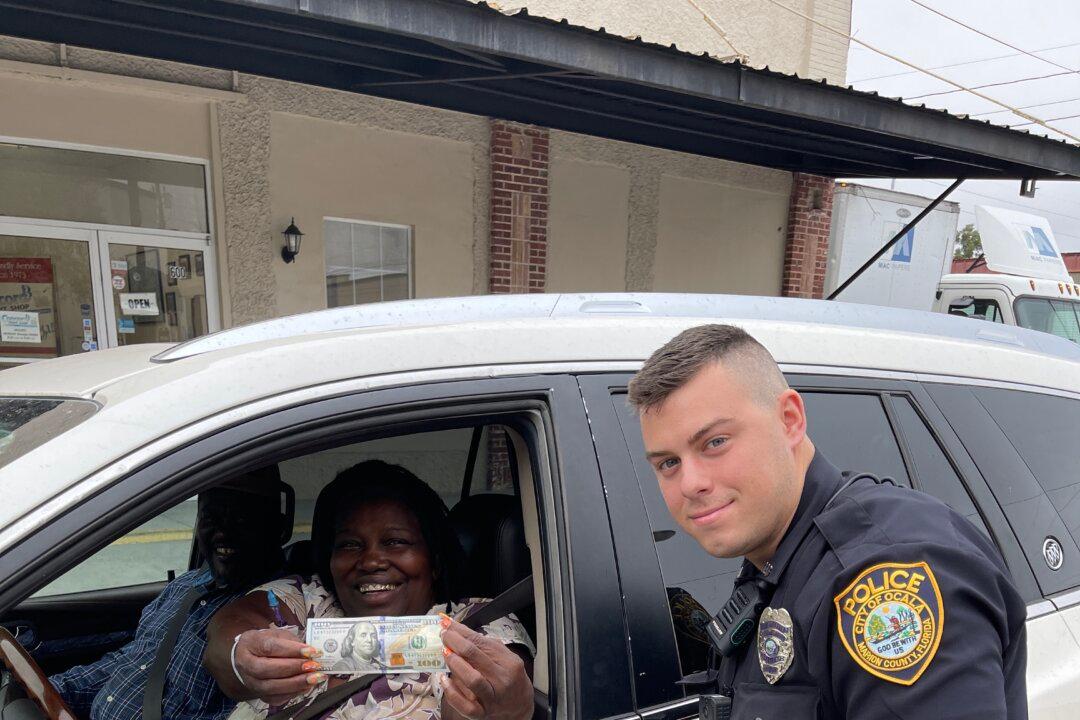Motorists pulled over by police officers in several cities around the country this holiday season got a welcome surprise.
Instead of getting a ticket and fine for a minor traffic misdeed, they pocketed cash.

Motorists pulled over by police officers in several cities around the country this holiday season got a welcome surprise.
Instead of getting a ticket and fine for a minor traffic misdeed, they pocketed cash.